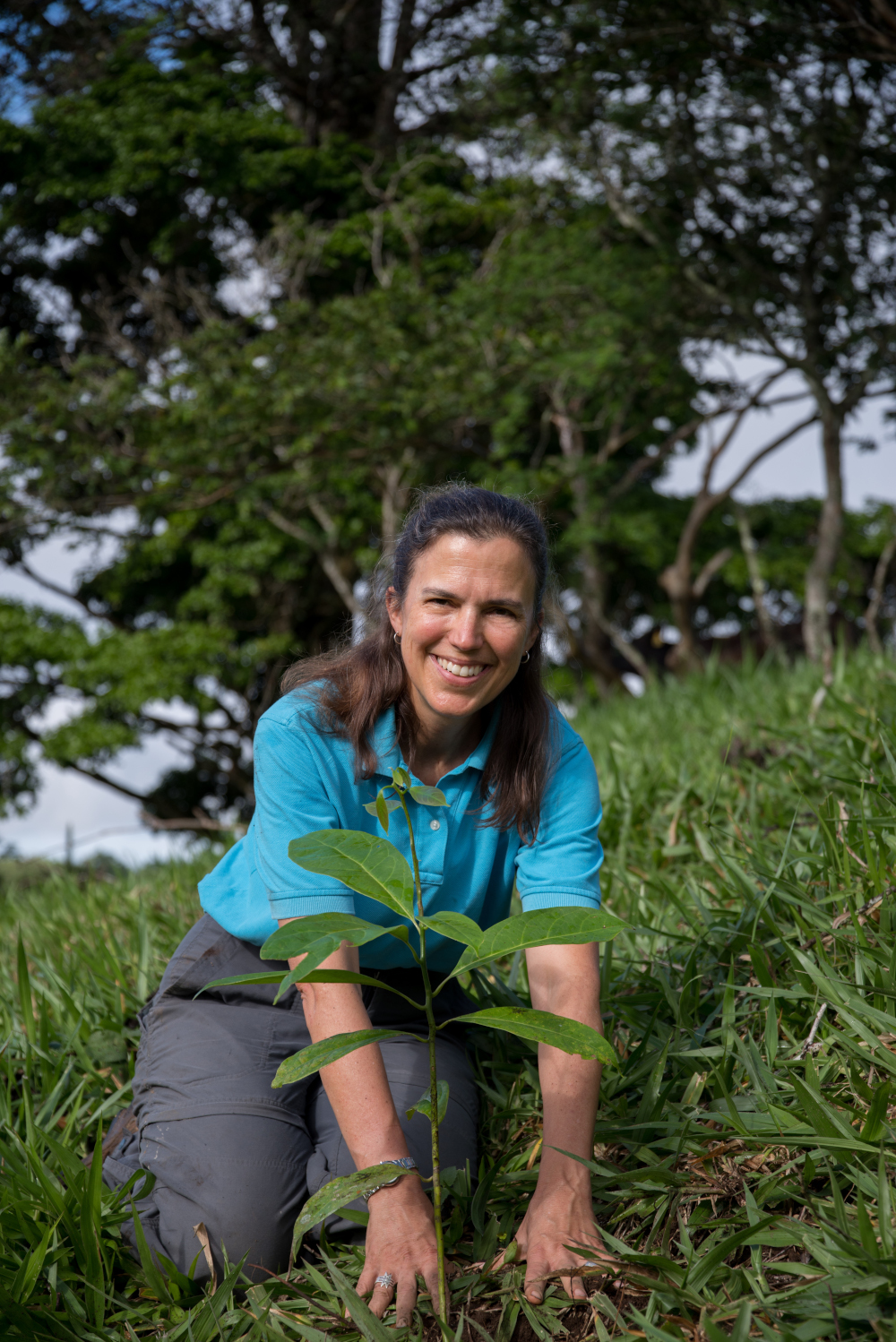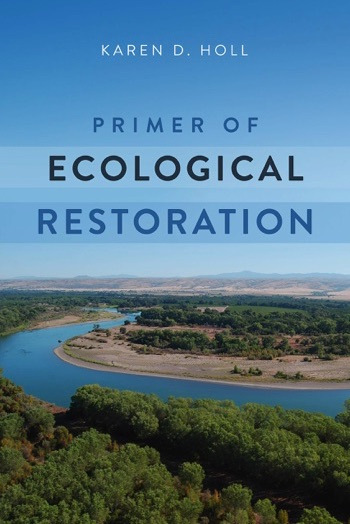Healing the Earth
On June 5, 2021, World Environment Day, the United Nations officially launched its Decade on Ecosystem Restoration, “a rallying call for the protection and revival of ecosystems all around the world, for the benefit of people and nature.” The ambitious program aims to prompt and bolster global efforts to halt degradation and restore ecosystems to health, thereby enhancing people’s livelihoods, counteracting climate change, and halting the collapse of biodiversity.
In a fortunate convergence of timing, it so happens that Professor Karen Holl has written what could serve as the playbook for this grand effort, her Primer of Ecological Restoration (Island Press, 2020). Holl said she created the primer for anyone interested in ecosystem restoration, whether students, practitioners, or backyard conservationists—“I was committed to keeping it succinct, and as low-priced as possible.”


The primer covers the broad science of restoration, and also the roles played by economic stakeholders, policy makers, and local communities. Each of these participants has unique but also intertwined needs, and Holl hopes her book provides the guidance needed to avoid failed projects. Ideally, ecosystems should be protected; when needed, though, restoration plans should crucially include forward thinking. “We used to use the past as the template for restoration,” Holl said. However, she said, given climate change, restored landscapes will likely need to change too.
*— *

